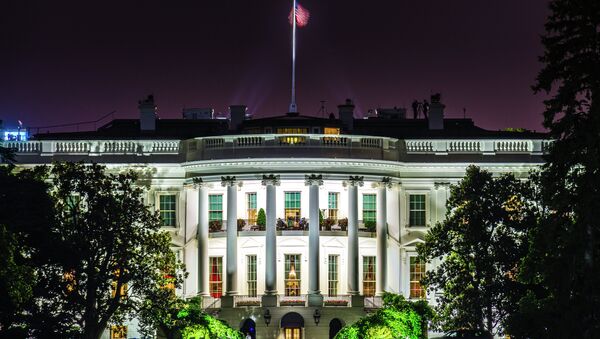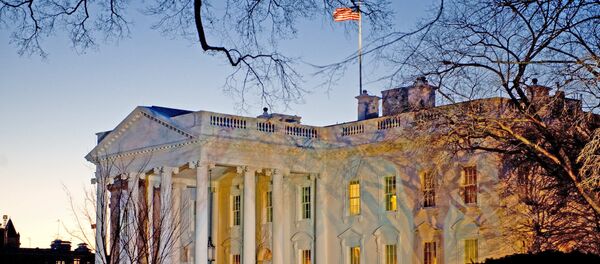MOSCOW (Sputnik) — "Faithless" electors are Electoral College members who do not vote for their party’s victorious candidate.
The lineup of the Electoral College and the procedure of its work are determined by Article One of the United States Constitution and the 12th Amendment to it.
The number of electors from each state is equal to the number of Senators and members of the House of Representatives representing any given state. The District of Columbia has the right to choose three electors.
Electors should be experienced and influential in order to represent the interests of the residents of their state. Each state decides independently who will represent its interests in the Electoral College during any specific election.
The members of the Electoral College gather on the first Monday after the second Wednesday of December following the presidential election. (Under the US Constitution, the presidential election is held on the first Tuesday after the first Monday of November in a leap year.) No general meeting of electors is held because they vote in their home states. As a rule, they support the candidates of their party.
The US Constitution and federal legislation do not define the duties of electors in any way.
The legislation of other states stipulates no voting restrictions.
Since its inception, the Electoral College has had 157 "faithless" electors. Seventy-one of them changed their mind because the initial candidate had died prior to the Electoral College vote (63 electors in 1872 and eight in 1912). Electors abstained from voting for any candidate three times (two electors in 1832 and one in 2000). Eighty-three electors voted differently on their own initiative (one elector in 1796, six electors in 1808, three electors in 1812, one elector in 1820, seven electors in 1828, 30 electors in 1832, 23 electors in 1836, four electors in 1896 and one elector each in 1948, 1956, 1960, 1968, 1972, 1976, 1988 and 2004).
At the same time, the voting of "faithless" electors has never influenced the final presidential-election results.






